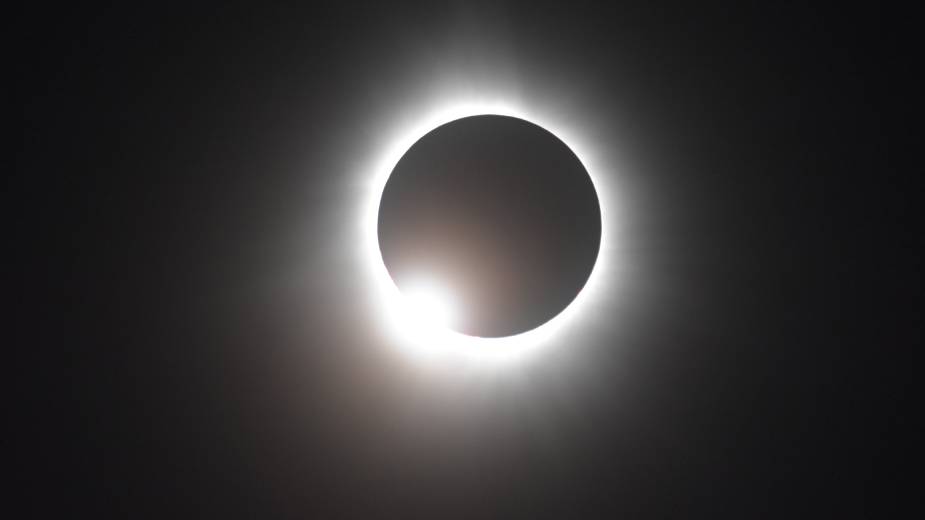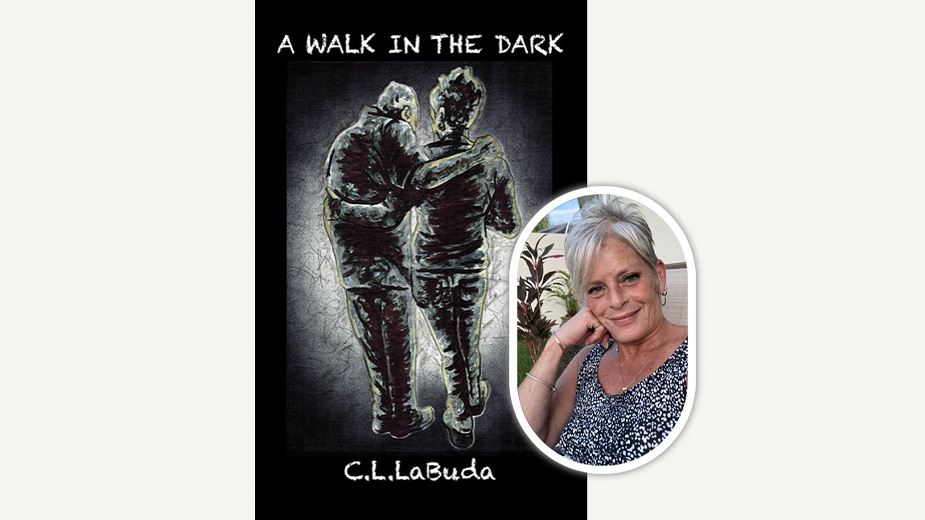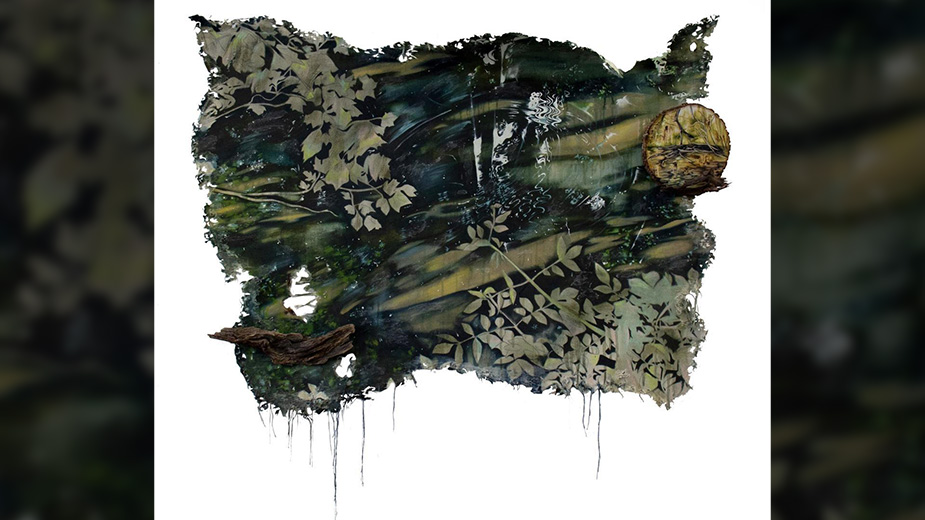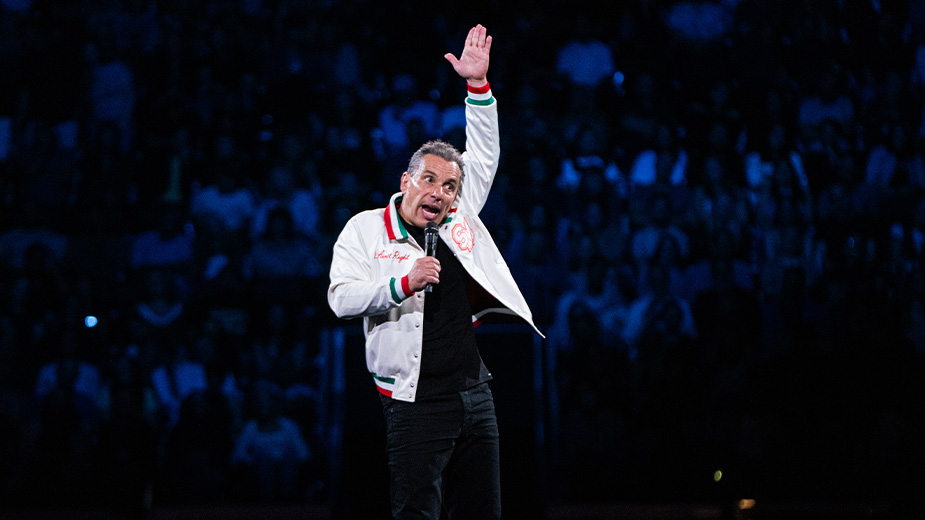Solar Spectacle: Throngs Gather to View Eclipse
CORTLAND, Ohio – Mother Nature outdid herself.
Monday’s total eclipse of the sun was preceded by months of fanfare. While its peak lasted barely two minutes, it was spectacular.
Hundreds of people gathered at the beach at Mosquito Lake State Park to watch the rare astronomical event. It was a scene that played at other viewing events and in backyards across Trumbull County and throughout the eclipse’s path through the continental United States.
The weather was fine Monday afternoon, and though the skies were partly cloudy, it was not enough to diminish viewing of the celestial event.
Not even a minor infestation of gnats dampened the spirit of the crowd at Mosquito Lake State Park.
Some folks sat next to their cars in folding chairs, as if in a strange tailgating party, while some staked their claim on the beach or in the grass.

Beth Carmichael, executive director of Trumbull Tourism, called it a great event for the area.
“We had a really successful day,” she said. “I saw people from Maryland, Washington, Virginia, Pittsburgh, New Jersey, all coming to experience the eclipse.”
Carmichael didn’t have a report yet on how many people came to Trumbull County, but she knew it was a significant number. She will be able to determine the number of visitors in a few weeks through a service she subscribes to that tracks cellphone movement.
Watch events at Eastwood Mall and the Grand Resort in Howland also drew big crowds, she noted. About 300 people watched at the Warren Community Amphitheatre.
“The early reports are that it was a great visitor experience,” Carmichael said. “We introduced ourselves to an audience that had never heard of us. I’m excited to learn what the economic impact was.”
About 15 minutes after totality, and with the sun’s brightness returning, the crowds started leaving.
Traffic was heavy on state Route 11, moving at just 20 to 30 mph for miles in the vicinity of the U.S. route 82 interchange. Backups were also reported on route 82 several hours after the eclipse.
On the Scene
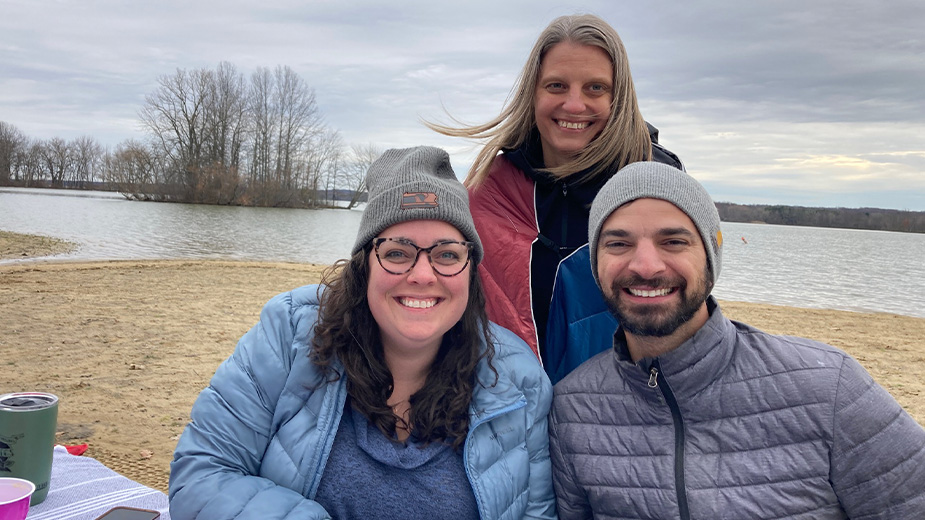
Dave Schreiber, Beth Ellen Deibler and Sabrina Shaner were the first eclipse watchers to show up at Mosquito Lake.
They left their Pittsburgh homes at 5:40 a.m. By 9 a.m. they were seated at a picnic table on the beach, playing cards and listening to music.
Bruce Springsteen’s “Dancing in the Dark” was playing. “I made a mixtape of eclipse-related songs,” Deibler said.
The three were bound up in blankets against the morning chill, which burned off by noon. They also brought bicycles and intended to make a day of it.
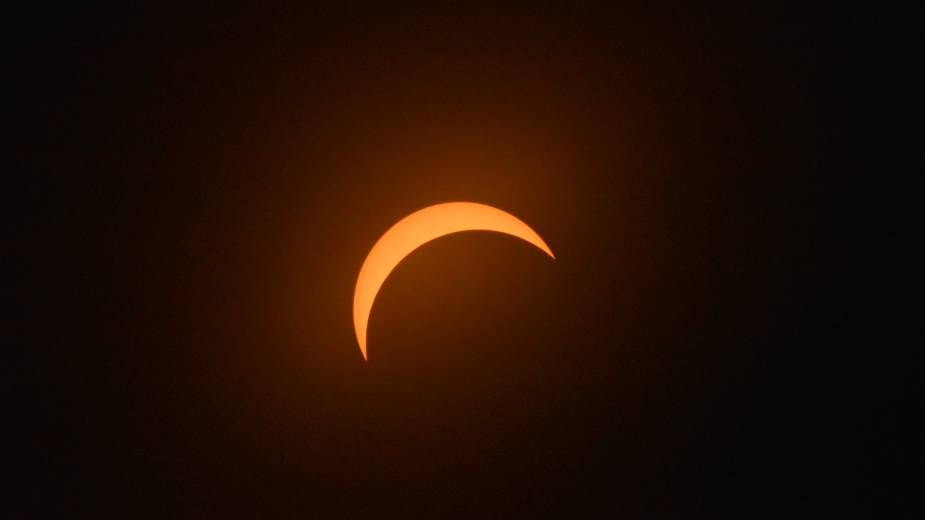
They had considered traveling to Erie, Pa., but figured that most people from Pittsburgh would be going there, and it would be less crowded at Mosquito.
There is another reason they chose the park.
“I brought an inflatable boat, and we’re going to get out on the water here,” Schreiber said.
Shaner said she had never seen a total eclipse before, although she did witness a partial eclipse in 2017.
“It was cool, and spending the day doing this is kind of exciting, an adventure,” she said.

Joe Lopez of Pittsburgh, along with his girlfriend and two of her friends, arrived around 9:30 a.m.
“I’m lucky to have seen the last eclipse in totality,” he said, explaining that he was living in Colorado at the time.
“It’s cool that I’m getting a chance to do it again,” he said.
Cars arrived at a steady pace, and the lot was full by 1 p.m. Temperatures reached into the upper 60s.
Bobbi Jo Moore, manager of the park marina, which is adjacent to the beach, said 12 busloads were coming in from Pennsylvania and elsewhere in Ohio.
Moore had already rented all 13 of her pontoon boats, holding back one in case she had to go out on the water to rescue someone if they ran out of gas.
The out-of-state license plates in the parking lot were overwhelmingly from Pennsylvania, although there were quite a few from Maryland.
A Day of Nature
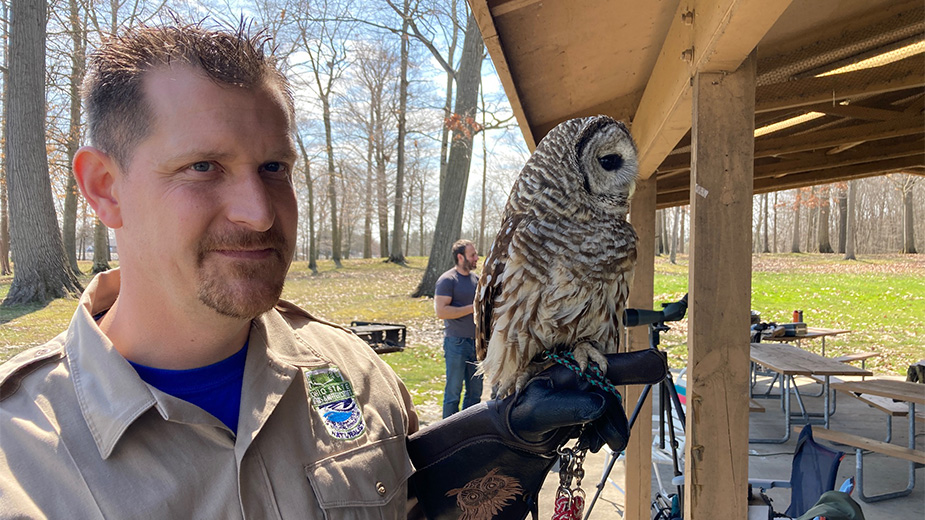
Naturalists from the Ohio Department of Natural Resources set up informational exhibits in the pavilion to educate and inform guests.
Jason Lee, chief naturalist for Mosquito Lake State Park and a science teacher at Howland High School, narrated the eclipse over a loudspeaker. His duties included advising the guests when it was safe to take off their protective eyewear and when to put them back on.
Lee’s team brought two barn owls and a red tail hawk to demonstrate their behavior during the eclipse.
Both were tricked by the disappearing sun. The hawk slouched into a state of near slumber, while the nocturnal owls became more alert.

Jim Pickel, Mary Barnstead and Ismay Pickel were among the Marylanders at the park. They drove in Saturday from their home in Rockville, Md., and were staying overnight in Warren.
They had planned to rent a pontoon boat, but since they were none available, they rented kayaks and watched the eclipse on the water.
“We wanted to see it away from the crowd,” Jim Pickel said. “We want to experience it where it is quiet, and where you can tell that the birds have stopped singing.”
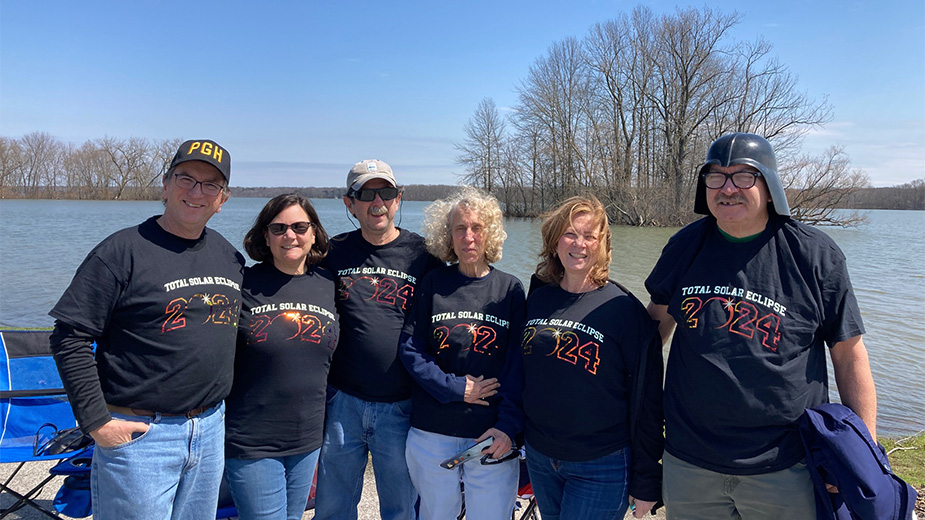
The day was something of a family vacation for one group.
Dan and Kim Spence of Berwick, Pa.; Larry and Christine Spence of Ashburn, Va.; and Bob and Janet Bowers of Transfer, Pa., were clad in glow-in-the-dark T-shirts that they had made that bore the message “Total Solar Eclipse 2024.”
Stargazing Community
Steven Tabisz of Annapolis, Md., came to Mosquito Lake with a massive Orion Skyquest XT8 telescope. Its magnifying power was high enough to see sunspots on the surface of the sun. He also set up a camera on a tripod and shot the phases of the eclipse.
“I have never been this excited for an astronomical event,” Tabisz said. He witnessed the 2017 eclipse but saw it only at 96% totality.
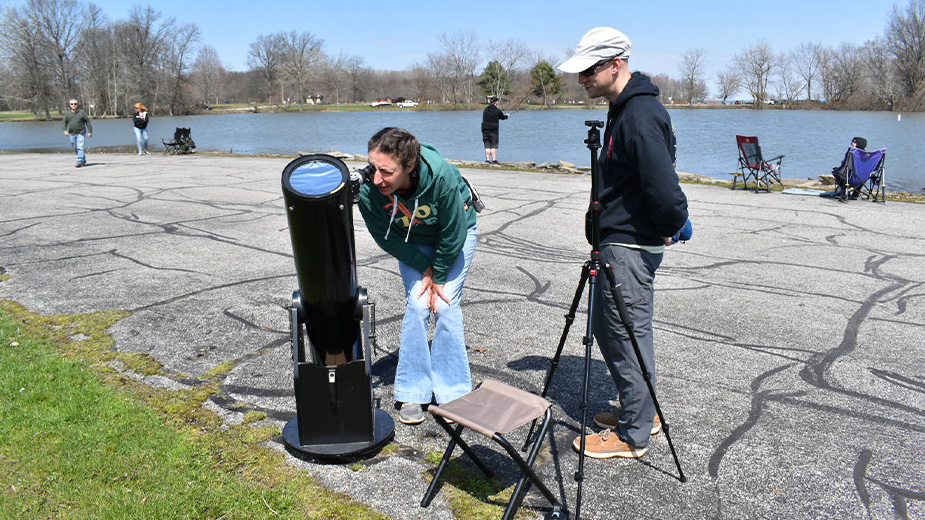
January Jordan of Catonsville, Md., brought her two children to see the eclipse.
“It was absolutely worth it,” she said afterward. “I took the kids to southern Illinois in 2017 to see the eclipse, and we knew then that we were going to see this eclipse one way or another.”
She said the 2017 eclipse was dazzling, but Monday’s was a better experience.
“Getting to meet all of these people with all these different ways of viewing it was a cool experience,” Jordan said. “There was a lot more of a sense of community here. We were among a lot of people at the last one, but there wasn’t this exchanging of ideas.”
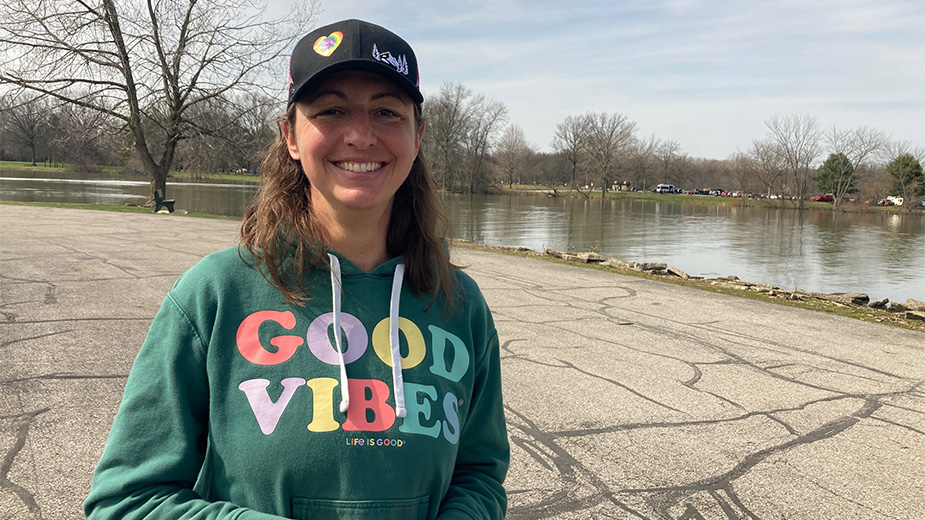
Though Monday’s eclipse was a once-in-a-lifetime event for most, there will be another chance in 2044 and again in 2045. But it will require some traveling.
The 2044 eclipse will start in Greenland and will mostly be visible in Canada, although it will appear in Montana, North Dakota and South Dakota.
The 2045 solar eclipse will traverse a more significant portion of the continental U.S. It will start in California and move east to Florida.
Pictured at top: A photo of Monday’s eclipse, seen from Mosquito Lake State Park. (Photo by George Nelson)
Copyright 2024 The Business Journal, Youngstown, Ohio.
